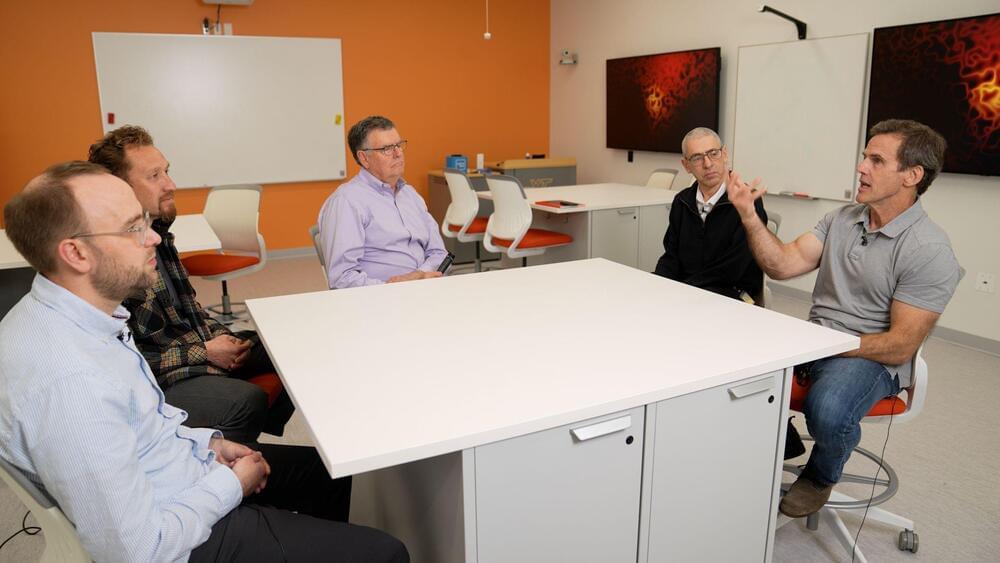Researchers in China have reported the first large-scale study characterizing the proteomics and phosphoproteomics of small cell lung cancer (SCLC) clinical cohorts, providing a comprehensive picture of the proteogenomics landscape of SCLC.
The team is led by Prof. Zhang Peng from Shanghai Pulmonary Hospital of the Tongji University, Prof. Zhou Hu from Shanghai Institute of Materia Medica of the Chinese Academy of Sciences (CAS), and Prof. Gao Daming and Prof. Ji Hongbin from the Center for Excellence in Molecular Cell Science, Shanghai Institute of Biochemistry and Cell Biology of CAS.
This study, published in Cell, reveals the molecular features of SCLC and proposed new molecular subtypes and targeted personalized treatment strategies, and laying a solid foundation for a better understanding of the underlying mechanisms and improvement of clinical therapeutic strategies for SCLC.









